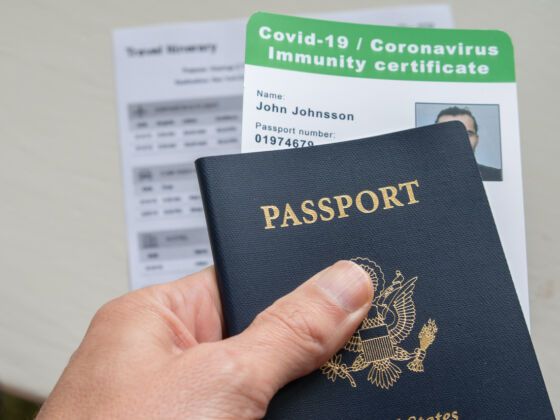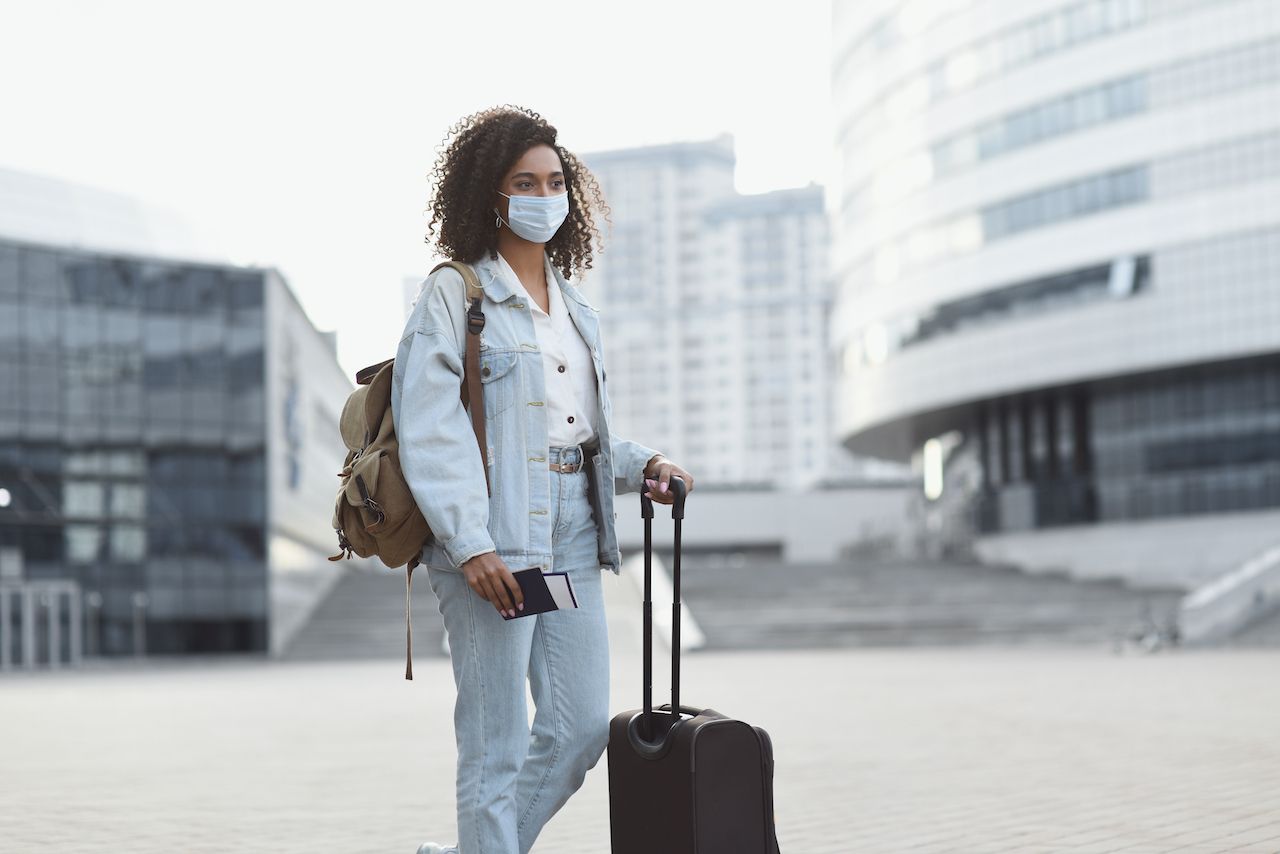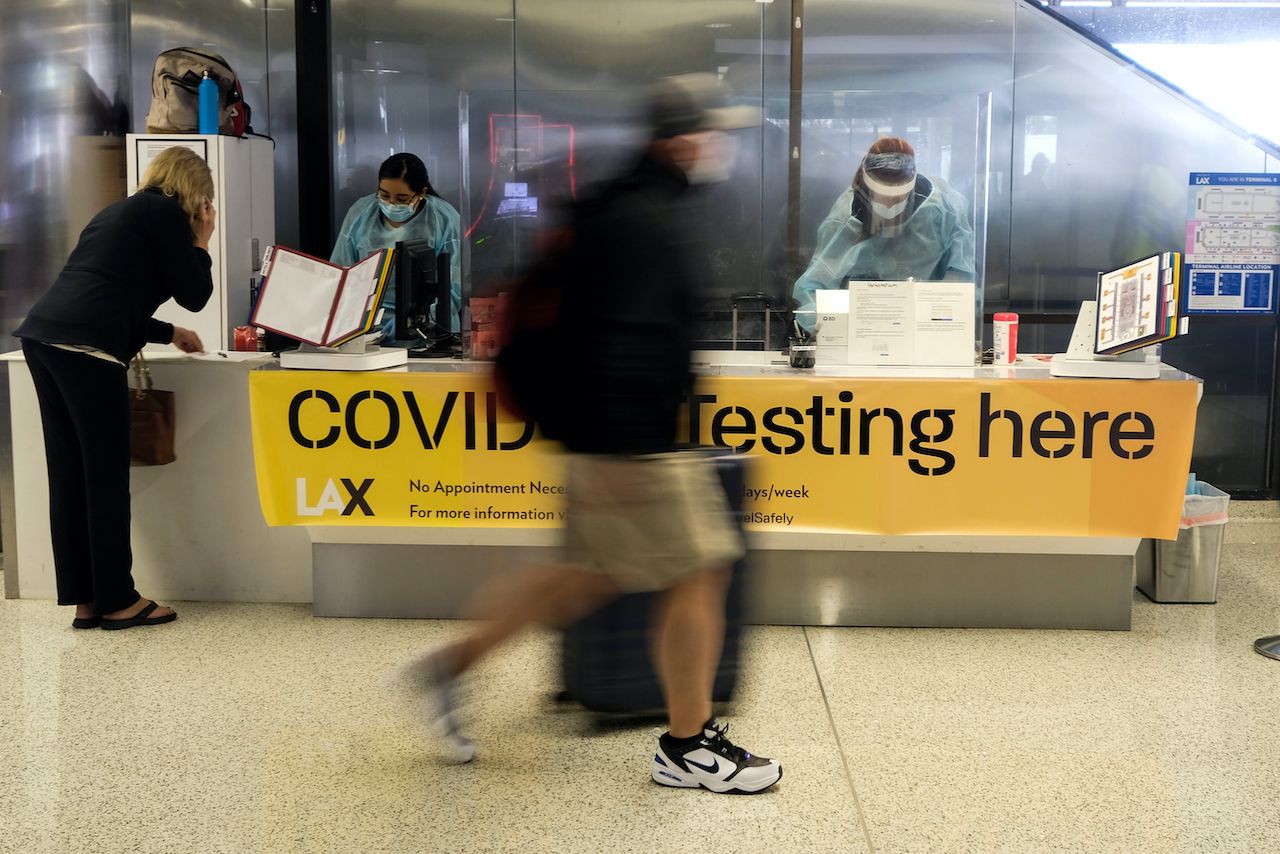In March of 2020, as countries closed their borders to slow the spread of COVID-19, it seemed like safe travel would be on hold indefinitely. A vaccine released less than a year later provided hope, but also surfaced another major question for the travel industry: How can countries regulate international travel in a way that prevents another major outbreak?
Vaccination passports (meaning a document containing proof of vaccination that is required to travel) have become a popular suggestion for one possible solution to that question — and one with passionate opinions on both sides.
On the one hand, a vaccination passport would help limit the spread while helping to restart the global tourism industry. On the other hand, there’s the risk that such a document would exacerbate inequality among individuals and nations.
We connected with eight travel industry experts to gather the pros and cons of a vaccination passport to better understand what this would mean for you.


